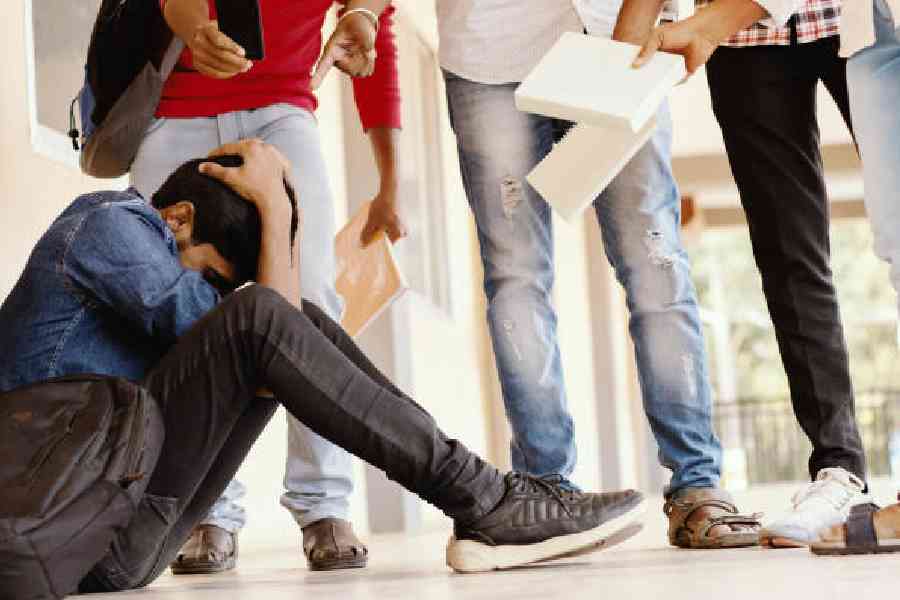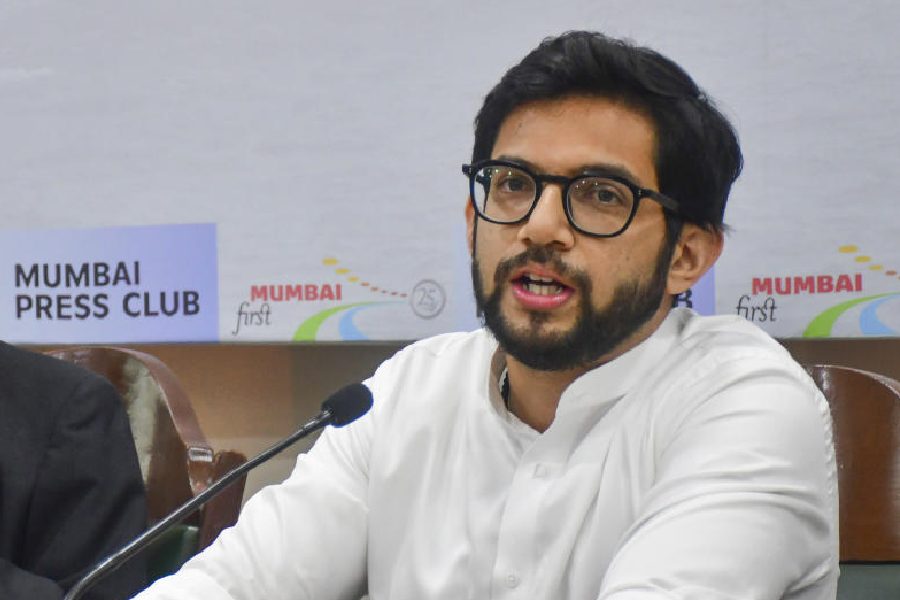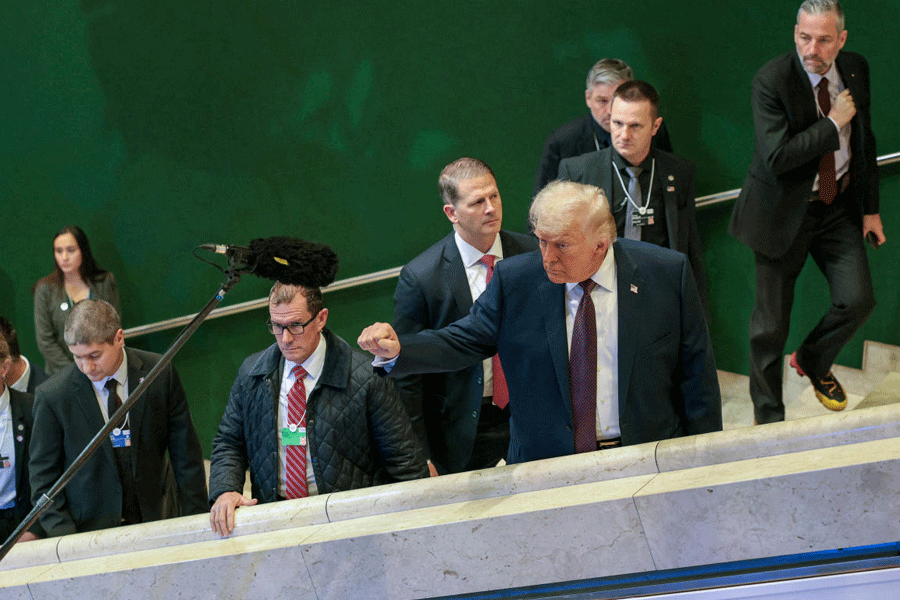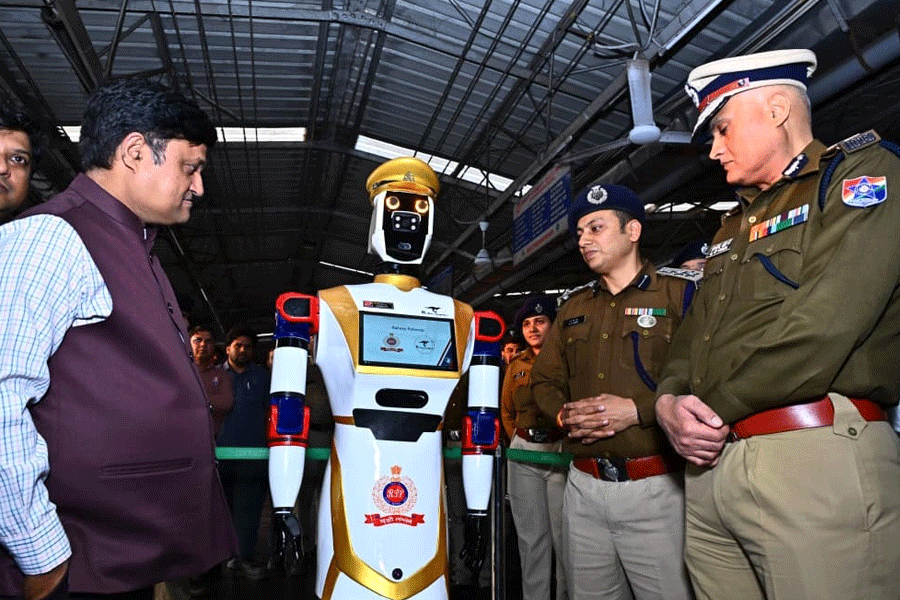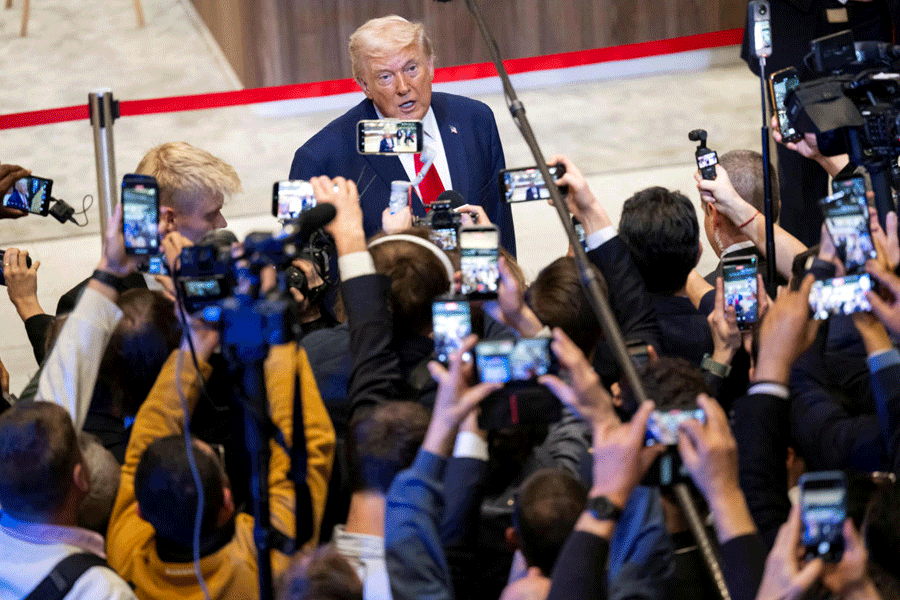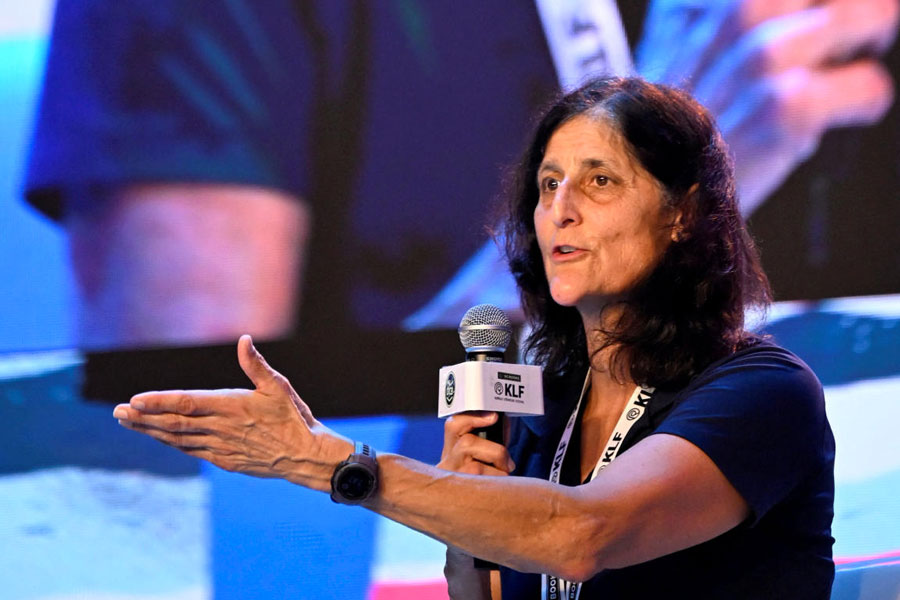Ridiculing peers and making hurtful remarks involving kin have increased across schools, said principals and counsellors. Bullying has gone up manifold compared to a few years back.
Now, it targets anyone who appears to be different and is much more aggressive in nature and language, they said.
“Along with disrespectful comments against peers, bullying is now also now directed to family members. The language they use amongst themselves is inappropriate and aggressive,” said Pratima Nayar, principal, junior school, Calcutta International School.
A lot of aggression and negative behaviour are being borrowed from social media and online sharing platforms. The online content is posing a serious threat to children’s language and sense of having fun, said a school head.
“A lot of the content that they are watching in the social media is inappropriate. Some of the social media influencers they watch, have followers, and children who are at an impressionable age, think it is alright to ridicule and model such behaviour,” said Nayar.
Religious, racial and gender biases have crept into classroom conversations among peers, said teachers.
A senior school boy was heard telling a girl, “Why are you bothering about a career? You will soon get married.”
In another school, adolescent boys were heard making fun of other boys by commenting, “You’re clean.”
Sometimes remarks have sexual innuendos as well, said a teacher.
Bullying is not always direct, but it is indirect, too, where one individual is isolated.
“It is not always on the face, but indirect too. Talking about physical appearances or targeting the sore point of others are things that we are seeing happening regularly,” said psychotherapist Farishta Dastur Mukerji.
She said that the “culture of bullying or roasting” is being glorified more and more.
“The content that the generation is viewing involves a lot of aggression. The behaviours they are advocating or modelling are focusing on normalising, making fun of one another,” said Dastur Mukerji.
Access to information can be detrimental, too, especially if it is unregulated or
unmonitored.
“Students have access to a lot of information, but they do not know how to process that information. They lack guidance and it sometimes gets manifested negatively,” said Satabdi Bhattacharjee, principal, The Newtown School.
Sometimes, children are less accepting of anyone who is neurodivergent and the intolerance is perpetuated more by parents, said Terence John, director of education and development, Julien Day Schools.
“Parents of neurotypical children have little sympathy for neurodivergent children. If something comes up, they are more concerned about their children getting disturbed. They go so far as charging us as to why we have given them admission,” said John.
In May this year, The Newtown School formulated a comprehensive anti-bullying policy, which has been uploaded on the school website.
It explains the various forms of bullying: verbal, physical, racial, sexual, cyber and disability based bullying, among others.
The school has specified that the “scope of applicability” of the policy is within the school grounds, buses, during online or offline school-sponsored activities, events or excursions, while using school devices or infrastructure, or on a digital platform when school identity or student welfare is impacted.

